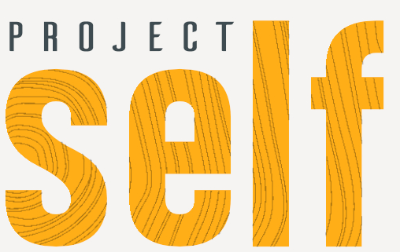A coaching colleague wrote recently about dreams in which he said: 1) some people give up before they start; 2) some moderate their dreams (realism being the death of dreams); 3) some keep their dream alive but don’t believe in it so are half hearted and non-committal (the comfort zone I recently wrote about) and 4) some are fully committed to realising their dream – because they believe it is possible.
This describes the effect self-belief, mental attitude and self-application has on achieving our potential; making possibility real.
But what are dreams?
Dreams are also described as wishes, desires, ambitions, goals, hopes, fantasies and visions. They contain an element of something we want but also an element of the ideal. To dream is to conceive, imagine, contemplate. To ‘dream up’ is to concoct, create and devise. We are the agents of our dreams.
Coaching is based on allowing, encouraging and enabling people to aspire and to achieve for themselves. To pursue their potential. To follow their passions, their ideas. To consider alternative realities; ‘the what ifs’. To imagine what’s possible if we didn’t stop our self. Coaching is also based on this mission being realistic and achievable. And often the starting point is to establish what we actually want.
I have recently been thinking about the difference between feeling needs and feeling wants. To have a need can make us feel ‘needy’ if we interpret that as a weakness, a vulnerability or are uncomfortable with recognising or voicing that to ourselves and others. But we all have needs. To be connected, to feel heard, to be nourished, to grow; to be resourced. How we go about looking for our needs to be met from others can create the neediness. This is when we require from others excessively; often in terms of reassurance, affection and attention. This may stem from not feeling like we are able to meet our own needs and we may lack self-belief and so we project that onto others.
We are often taught as children not to say ‘I want’. It’s seen as a demand. We are requested to rephrase our desires as “Please may I …”. It’s a polite request, it’s asking permission. ‘I would like..’. But when you think of something that is ‘in want of’ it refers to an absence of something. Wants may feel like dreams if we feel like we don’t deserve them or aren’t able to make them happen.
We all want things for our self and our life – we have aspirations, wishes and desires. We want to be loved. We want to feel free. We want another biscuit…
In considering the relationship between needs, wants and dreams, it feels as though they require recognition and an element of permission; allowing ourselves to ask, to be vulnerable in our awareness of their absence. We may want more. We may wish for something different. We may desire something that doesn’t currently exist for us in our life.
Believe in dreaming up. Believe in realising our desires for our self; being the agent for what we wish for in our life. Start with self-belief.
Start with the sentence “I would like …”
